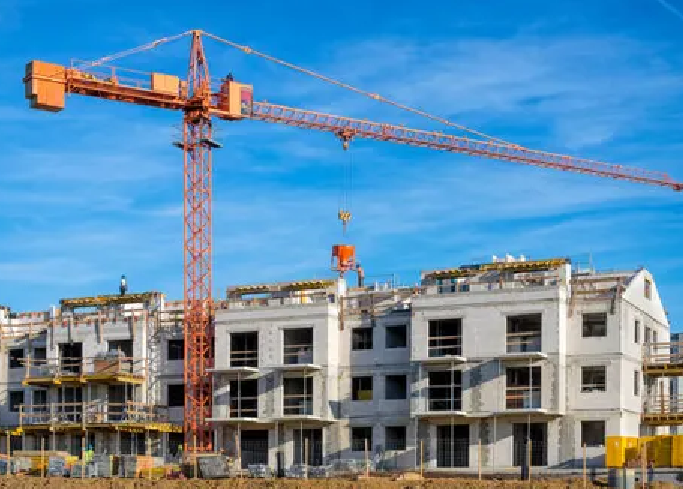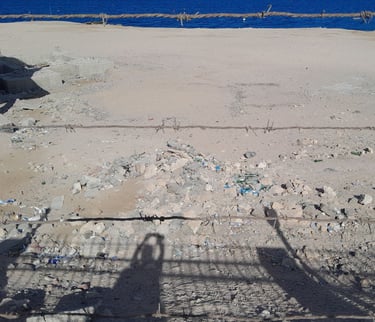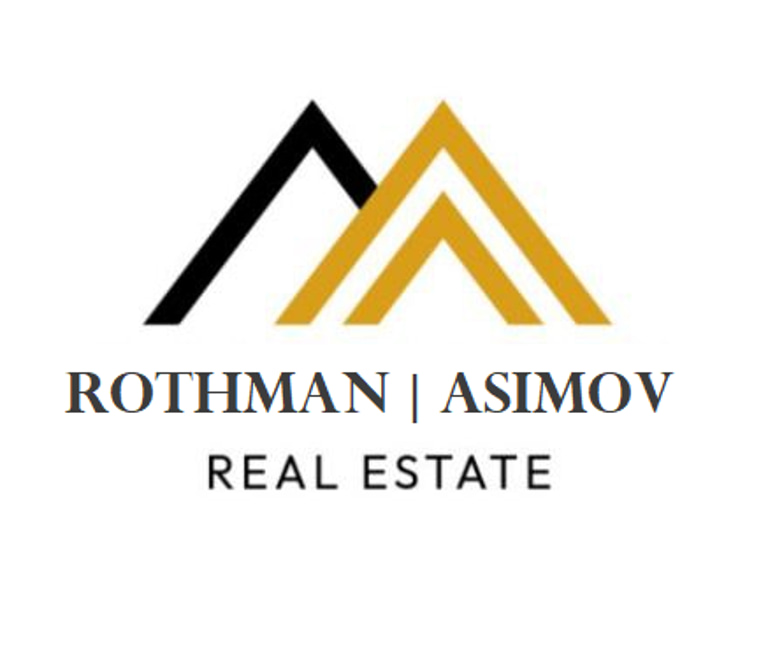New profects in Gaza
We are currently working on new projects in Gaza in which residential areas are being built. We will let you know when we have updates
Land and property for sale in Gaza
Expert assistance in buying and selling lands and properties in Northern Gaza.




Condo apartments for sale in Gaza
New condominium project in northern Gaza that consists of several apartments ranging from 50 to 280 sq/m. The buildings are currently under constructions. They are being sold fast.
Unit 50 sq/m: 60 000 USD
Unit 120 sq/m: 100 000 USD
Unit 280 sq/m: 225 000 USD
Land for sale near the sea in northen Gaza
Plot of land measuring 800 sq/m in the northern part of Gaza. It is located right in front of the sea. With a building permit ready to build up to 12 floors building. May be used to build a house or apartment building.
Price: 275 000 USD
Advantages of investing in real estate in Gaza




In times of economic uncertainty, it's common to turn to precious metals or real estate as an alternative to diversify investments and protect financial health. Real estate in Gaza is closely tied to the land, whether physically or legally, and cannot be relocated. Investing in it has many advantages, but also some disadvantages that should be considered before making a decision.
From developable land to an industrial warehouse, a parking space, an office, or a home for personal use or rent, there are many options for investing in real estate that require different financial means. From a few thousand euros to millions. Furthermore, new banks in Gaza often offer loans and mortgages for these types of purchases.
Another of the most significant advantages of real estate is its low correlation with traditional assets such as stocks and bonds. This diversification can reduce the overall risk of an investment portfolio, offering a safe haven from stock market turbulence.
Although real estate investment offers very good profitability prospects, it's important to remember that no investment is free from the risk of losing some, or even all, of the money invested. Just as a company's stock can lose value, in the real estate sector, we can also find losses rather than the desired gains. This is especially true if we have purchased a property at prices close to the top in areas with excessive supply or where demand is declining.
Some things to consider
A long-term and illiquid investment
Generating capital gains typically requires patience and allowing the investment to mature for a few years until its value increases and it becomes worth selling. During this time, the invested capital will not be available. In other words, there will be no liquidity or immediate access to that money, unlike other types of transactions, such as listed stocks or investment funds, in which the investment can be quickly disinvested.
Maintenance costs
If, instead of buying to sell, you are looking for monthly or annual returns by renting out the acquired property, it won't all be profit. It's often necessary to make an additional investment in the property to increase its value when rented out. In addition, maintenance costs must be taken into account: repainting, electrical connections, windows, faucets, etc. If, instead of a home, it's an office or industrial warehouse, the investment will likely be higher.
Investing through specific vehicles as an alternative
Most of the above disadvantages can be mitigated if, instead of investing directly in real estate, the investment is made through an investment vehicle. In English-speaking markets, these instruments are called REITs (Real Estate Investment Trusts), in Spain SOCIMIs (Cotized Real Estate Investment Companies), and in Mexico FIBRAs (Infrastructure and Real Estate Trusts).
A world of oportunities
They are listed vehicles that raise funds from numerous investors and invest them in the acquisition, development, and rehabilitation of real estate assets for sale or lease. The profits obtained from this activity are distributed among their shareholders.
These investment vehicles typically focus on different segments of the real estate sector, such as offices, industrial properties, hotels, or shopping centers—assets that an individual investor would normally be unable to access on their own due to their high price.


